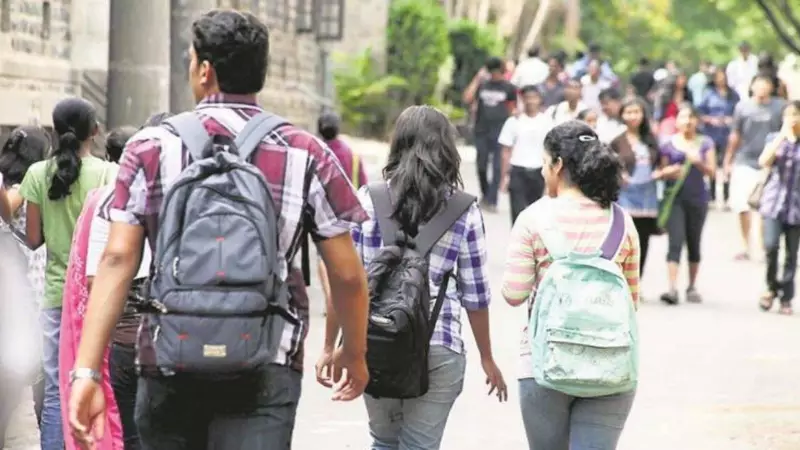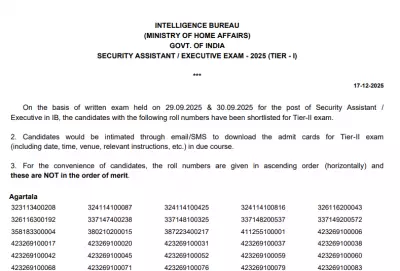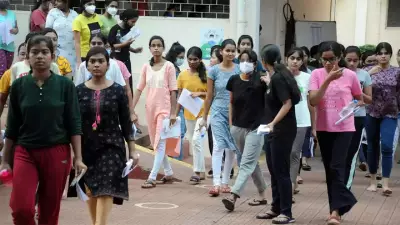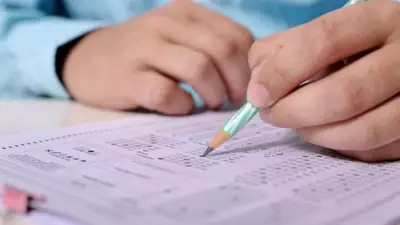
In a bold stand for democratic rights, students at Panjab University have launched an indefinite protest against what they term as the administration's "authoritarian" decision to ban demonstrations on campus. The move comes after university authorities issued a controversial directive prohibiting all forms of protest, triggering widespread outrage among the student community.
The Spark That Ignited the Fire
The confrontation began when the university administration, led by Dean of Student Welfare (DSW) Jatinder Grover, implemented a sweeping ban on all protests within campus premises. This decision was communicated through an official notice that effectively stripped students of their right to peaceful assembly and expression.
Student leaders from various organizations, including the Students For Society (SFS), have condemned the move as an unconstitutional assault on fundamental rights. "We cannot and will not accept this suppression of our democratic voices," declared a student representative during the protest's inauguration.
Administration's Stance and Student Counter-arguments
University officials have defended the ban, citing concerns about maintaining "academic atmosphere" and preventing disruptions to the educational environment. However, students argue that peaceful protest is an integral part of campus life and democratic expression.
Key student demands include:
- Immediate revocation of the "no protest" rule
- Formal recognition of students' right to peaceful assembly
- Establishment of clear, democratic guidelines for campus protests
- Assurance that protesting students won't face victimization
Nationwide Implications
The protest at one of North India's most prestigious universities has captured national attention, with education activists and civil society groups closely monitoring developments. Many see this as a crucial test case for student rights across Indian higher education institutions.
As the indefinite protest enters its critical phase, all eyes remain on Panjab University. The outcome could potentially set a precedent for how student activism and administrative authority balance each other in India's educational landscape.
The student community has made it clear: they're prepared for a long battle to protect what they believe are their fundamental democratic rights within the university space.





